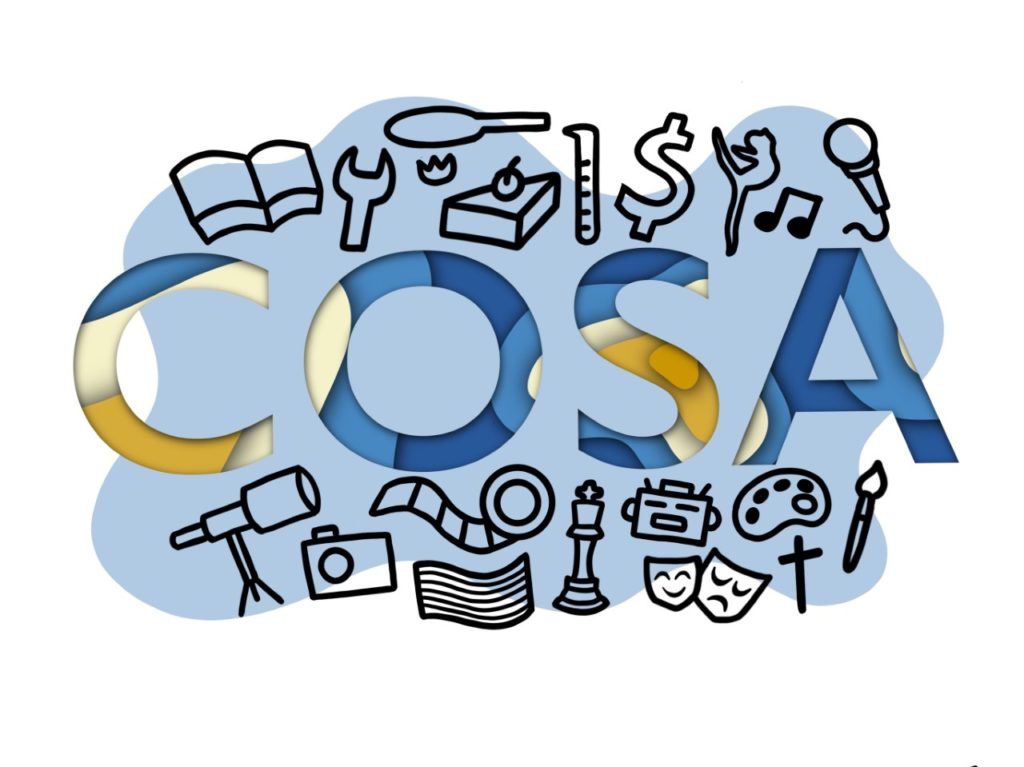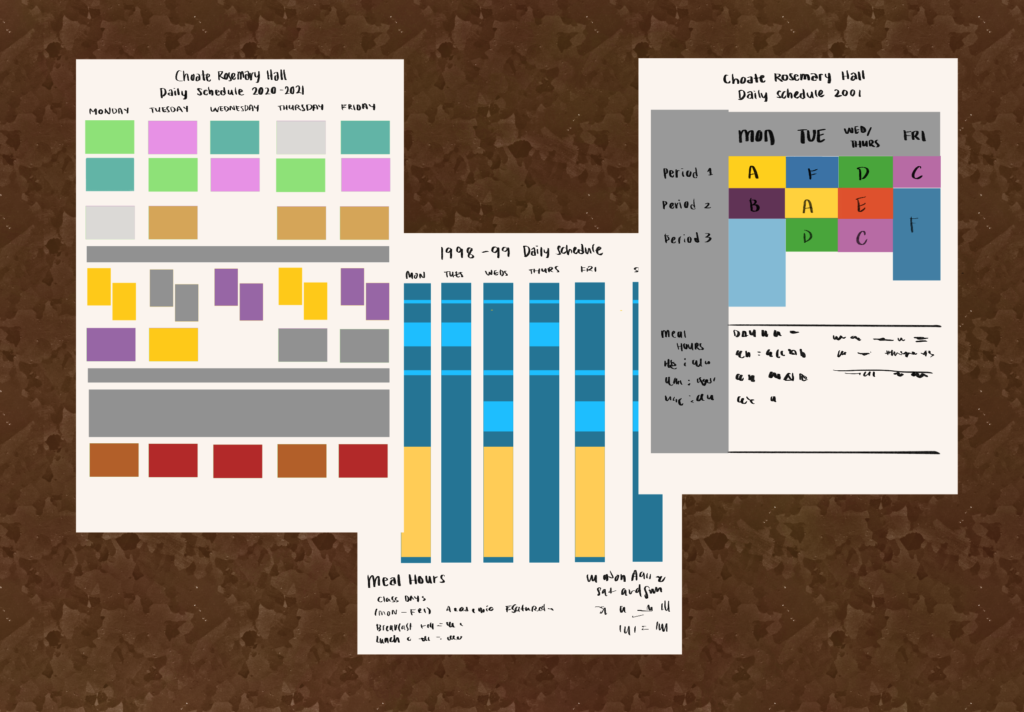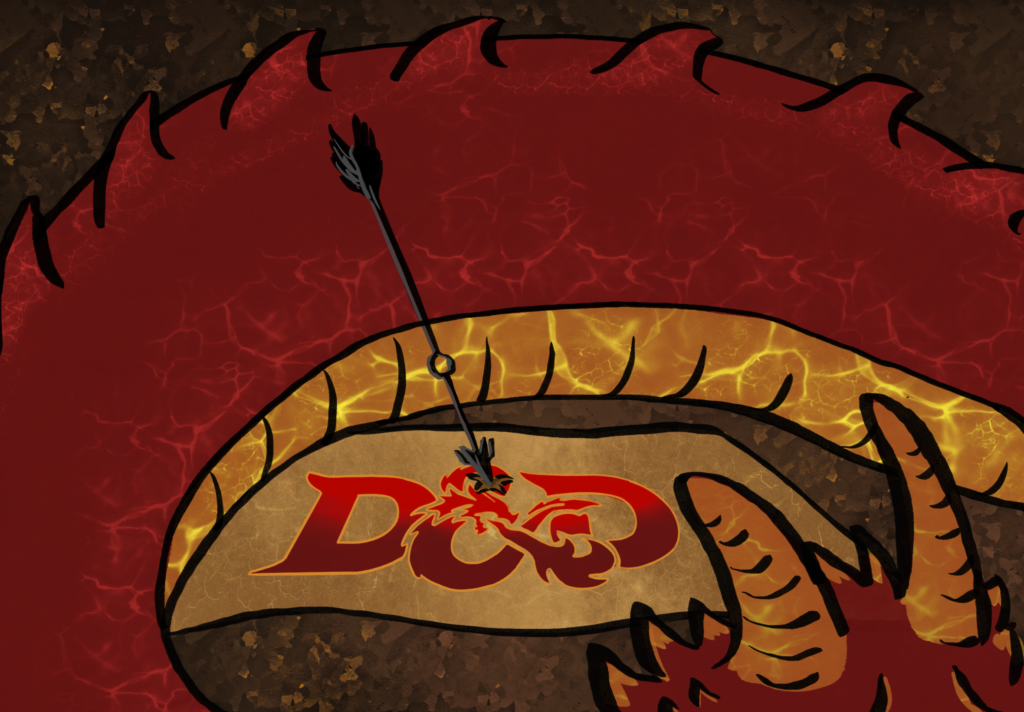The Committee on Student Activities (COSA) aims to facilitate club life while executing the mission of the School. This has led many students to view this organization as a kind of “club police,” shutting down student groups as it sees fit. In fact, COSA is not involved in many such decisions, and the group was not the one that created two recent controversial policies: the removal of club co-presidents and the unification of all community service clubs into one.
COSA acts “as a governing body, providing direction and resources for club leaders,” according to Ms. Colleen Kazar, Assistant Director of Student Activities and COSA’s faculty adviser. The student-led organization, composed of fourth, fifth, and sixth form students, aims to make club life as productive, enjoyable, and organized as possible. Facets of COSA’s responsibilities include standardizing the proposal process for new clubs, managing the status of existing clubs, promoting clubs via social media, maintaining public relations, and managing publications.
COSA has also recently expanded its support of student life beyond the realm of administration; their social media subcommittee posts about COSA’s recent undertakings and the School’s club life on the Student Activity Center’s (SAC) Instagram account, and their publications committee oversees the various magazines and journals on campus. “These bodies help bridge the gap between COSA and clubs,” said Allen Zheng ’21, Chair of COSA.
Furthermore, the public relations committee tries to bolster COSA’s relationship with and involvement in the community. Over the years, COSA has grown to expand its presence and be a more useful resource for club members and leaders within Choate. “We have become more willing to listen to the community, which is important for carrying out our mission and letting people know who we are,” said Wavy Griffin ’21, Vice-chair of COSA.

Graphic by Yoyo Zhang/The Choate News
The idea that COSA is the “club police” has developed in the community over the past several years. “Some students see the committee as a group that just cancels clubs,” said Griffin.
This tension has only increased lately as a result of two controversial decisions that were attributed to COSA: creating one umbrella community service club and removing co-president positions.
The motivations behind establishing a single community service club involved the convenience of having just one place to go for community involvement. The SAC also thought this decision would simplify the unnecessarily complicated process of tabulating volunteer hours undertaken by Director of Community Service Ms. Melissa Koomson. “Combining community service clubs allows us to all brainstorm together, but the large size of each project can make it hard to manage,” Berk Gokmen ’21, the president of the Community Service Club, commented.
The controversy surrounding new club leadership rules began with the announcement that, beginning in the 2021–2022 school year, co-president positions will not be allowed. Many students are not in favor of this decision and have mixed thoughts on COSA as a result. Claire Fu ’22, co-president of GirlTech, said, “I view the co-presidency positions as beneficial, because they give clubs a greater aspect of collaboration — an extra level of support and communication between the leaders.” She added, “I have noticed that since the announced removal of co-presidents, this level of collaboration has degraded, and there now exists a more toxic competitive attitude within the leadership boards of clubs.”
However, Monty Singer ’22, President of Do-It Club and Choate Maker Club, agrees with this decision. “I think COSA wants to make sure the club leaders are actually leading their clubs instead of just having another thing on their resume,” he said.
Despite the fact that many students blame COSA for these decisions, the reality is that the committee was not actually behind them. The faculty who run the SAC, mainly Ms. Kazar and Director of Student Activities Ms. Alex Long, instituted these changes.
Ms. Kazar said, “The SAC office created these policies, and COSA shared the information with club leaders.” Zheng said, “ [COSA] had little say in the community service decision and no say in the co-president change.”
Perhaps because COSA informed students and club presidents of these decisions, they were blamed for the controversy. COSA members report that they remain more committed than ever to supporting club life. Zheng encouraged club leaders to refer to the Club Manual if they had any questions or confusion.




